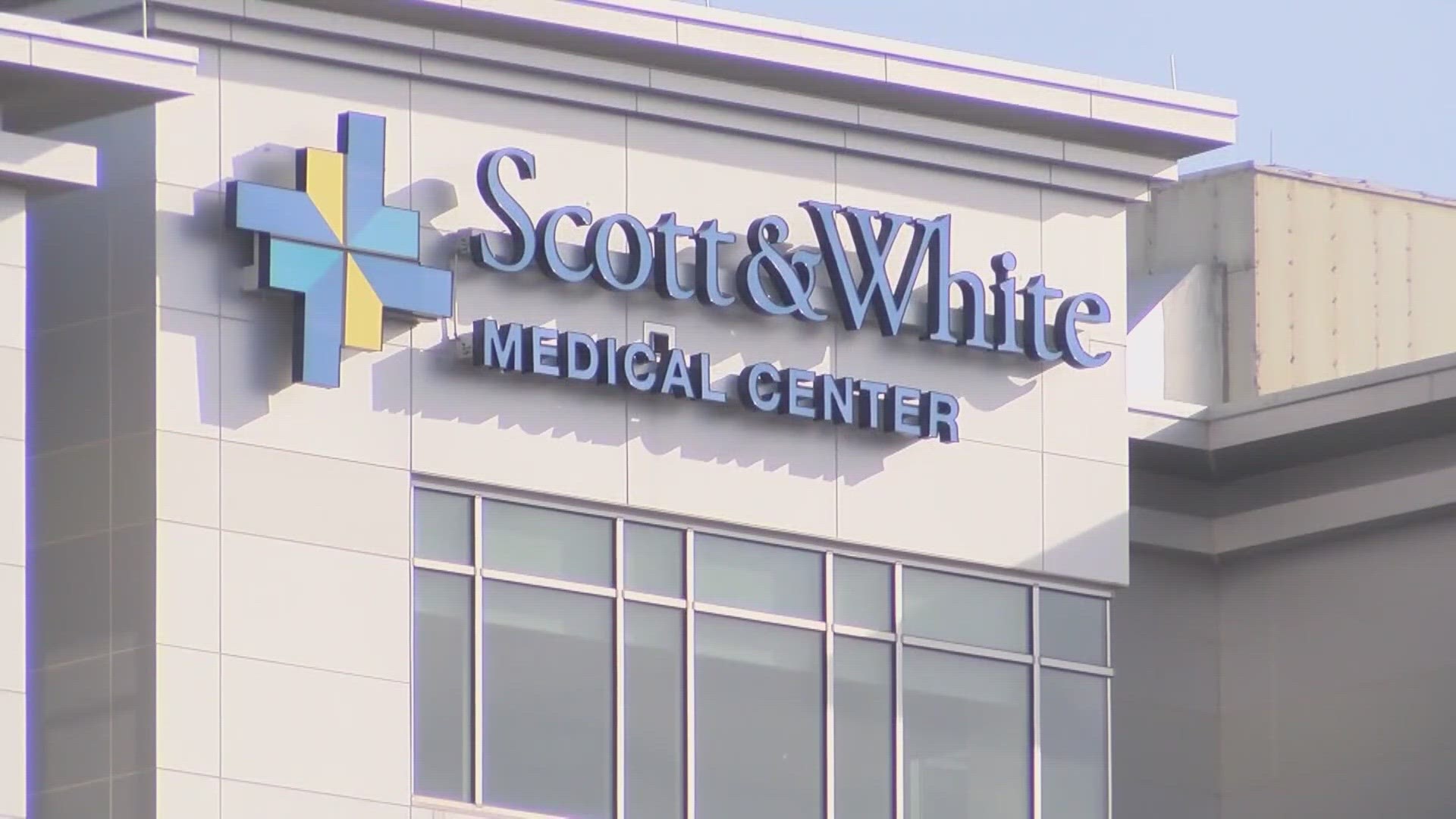BELTON, Texas — A Central Texas woman hopes to raise awareness around the medical community. It's all about genetic testing and how it can play a major role in your health care.
Beverly Valka was diagnosed with SCN11A, a mutated gene so rare that she's believed to be the only person in Texas with it.
It causes her pain, tingling and numbness throughout her body. There is no cure or specific medication for it.
Thanks to genetic testing, Beverly feels relieved to at least know what is going on with her body.
"I didn't have the stress anymore of worrying and wondering what was going on with me," Beverly said. "I had a real diagnosis."
Before the medical test, she was filled with the unknown.
"I was having lots of pain," she said. "I think I had been tested for almost everything."
Her primary care doctor suggested genetic testing.
It was something Beverly didn't know much about, but she was eager to learn what was wrong.
"I knew absolutely nothing about genetic testing, and I said let's go for it."
Just three weeks later, she learned she had the rare mutated gene known as SCNA11A.
Now, Beverly hopes her journey can help someone else who has questions about their health.
"Every time I see someone on a cane or a walker, I just want to walk up and say you need to ask your doctor for genetic testing to see if this helps you," Beverly added.
It's a relatively easy process Rebecca Urbanovsky, family nurse practitioner at Baylor Scott & White, says.
You will fill out your family's medical history similar to a family tree.
"We take all that history, we explain what DNA is, how mutations can occur, and then we consent them, make sure that they consent to the testing," Urbanovsky said.
They typically draw blood. Patients should then get results back between four to six weeks.
Beverly explained how important it is to speak up. Listen to your body because you are the best judge of it. Find a doctor who is willing to listen and cares to help you get a diagnosis.
"Genetic testing and getting a diagnosis isn't the end of the world," Beverly said. "It's just a new beginning."
Beverly hopes one day she can meet someone else with the same genetic diagnosis.
More stories by Reporter Sydney Dishon:

